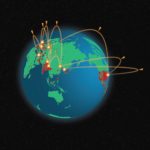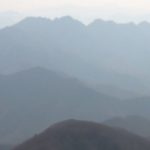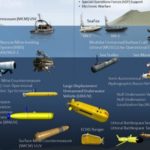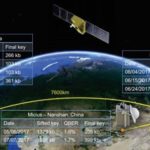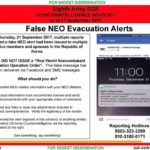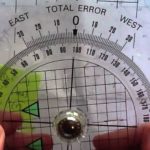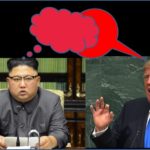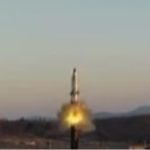
PETER HAYES OCTOBER 30, 2022 INTRODUCTION Peter Hayes argues that “going nuclear will not help South Korea deal with the threat posed by its northern neighbor.” Peter Hayes is Director of the Nautilus Institute and Honorary Professor at the Centre for International Security Studies at the University of Sydney, and Senior Research Advisor of the Asia-Pacific Leadership Network. […]


